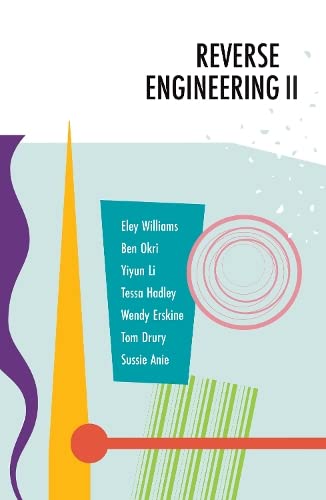What do you think?
Rate this book


176 pages, Paperback
Published November 1, 2022
We are Scratch Books.
We are named after a strange sensation - the feeling of stroking the soft fur of a cat, to discover later as you walk away, that it scratched you.
Which, for us, is what a short story is like...
At Scratch Books, we are dedicated to the craft of short stories.
Our first books - the Reverse Engineering series - bring together the best modern short stories with a discussion by each writer on their instincts, processes and ideas behind it.